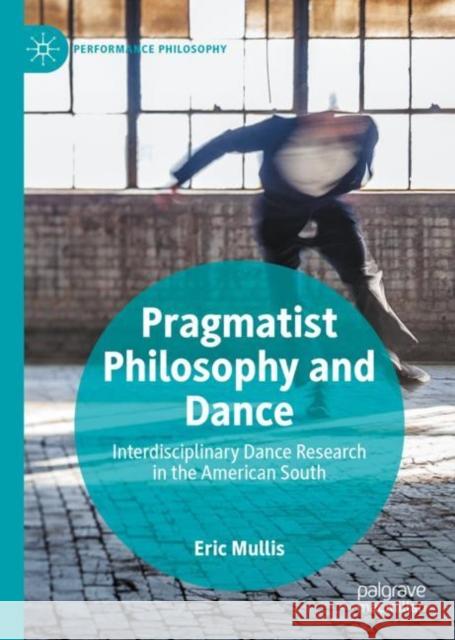Pragmatist Philosophy and Dance: Interdisciplinary Dance Research in the American South » książka
topmenu
Pragmatist Philosophy and Dance: Interdisciplinary Dance Research in the American South
ISBN-13: 9783030293130 / Angielski / Twarda / 2019 / 247 str.
Pragmatist Philosophy and Dance: Interdisciplinary Dance Research in the American South
ISBN-13: 9783030293130 / Angielski / Twarda / 2019 / 247 str.
cena 321,26
(netto: 305,96 VAT: 5%)
Najniższa cena z 30 dni: 308,41
(netto: 305,96 VAT: 5%)
Najniższa cena z 30 dni: 308,41
Termin realizacji zamówienia:
ok. 22 dni roboczych.
ok. 22 dni roboczych.
Darmowa dostawa!
Kategorie:
Kategorie BISAC:
Wydawca:
Palgrave MacMillan
Seria wydawnicza:
Język:
Angielski
ISBN-13:
9783030293130
Rok wydania:
2019
Wydanie:
2019
Numer serii:
000769994
Ilość stron:
247
Waga:
0.46 kg
Wymiary:
21.01 x 14.81 x 1.6
Oprawa:
Twarda
Wolumenów:
01
Dodatkowe informacje:
Wydanie ilustrowane











